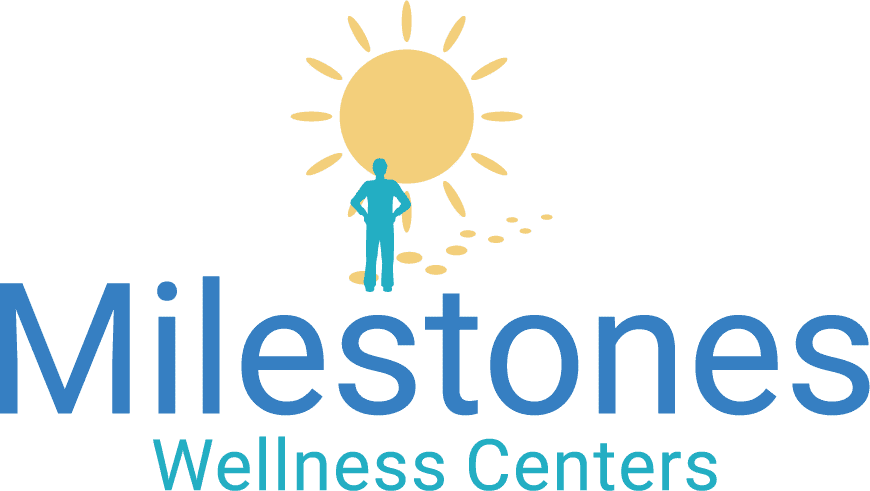What are Opiates?
Opiates (also known as opioids) are a type of drug that is derived from the opium poppy plant. The three most common opiates are morphine, heroin, and codeine. Opiates are typically used to relieve pain, but they can also be used to produce feelings of euphoria.
It’s very common for doctors to prescribe opiates to patients who are in pain. However, because opiates are so potent, they can be easily abused. When taken in large doses or used for non-medical purposes, opiates can produce feelings of extreme happiness and relaxation at the cost of damaging one’s body. The addiction or misuse of opiates can lead to opiate use disorder, a chronic condition referring to long-term abuse or dependency on opioid medications (or illicit or illegal drugs such as heroin).
What are the Symptoms of Opiate Use Disorder?
The symptoms of opiate abuse can vary depending on the severity of the addiction. However, some common symptoms include:
- Building up a tolerance to the drug, meaning that larger and larger doses are needed to produce the desired effect
- Experiencing withdrawal symptoms when not taking the drug
- Neglecting work, school, or other responsibilities in order to use the drug
- Continuing to use the drug despite negative consequences
- Insomnia or hypersomnia
- Change in eating habits
- Engaging in risky behaviors
Symptoms can vary from case to case based on a number of physical and mental factors so it’s important to consult a professional if you think you or someone you care about may be abusing opiates.
What Causes Opiate Addiction?
There is no single cause of opiate use disorder. Instead, it is usually caused by a combination of factors, including:
- Genetic disposition: Some people are simply more likely to become addicted to drugs than others. This is due in part to differences in brain chemistry.
- Environmental factors: People who grow up in chaotic or abusive households are more likely to develop addictions later in life. This is because they may turn to drugs as a way of numbing the pain of their childhood experiences.
- Mental health disorders: People with mental health disorders such as anxiety or depression are also more likely to develop addictions. This is because they may use drugs as a way of self-medicating their symptoms.
- Social factors: Peer pressure and the availability of drugs can also play a role in addiction. People who are surrounded by others who use drugs are more likely to develop an addiction themselves.
Treatment for Opiate Use Disorder
If you or someone you know is struggling with opiate addiction, we encourage you to reach out to Milestones Wellness Centers. Our team of professionals can help you through telehealth opiate addiction therapy, medication management, and mentoring & counseling services. We’ll work with you to develop a treatment plan that fits your needs and helps you achieve your goals.

